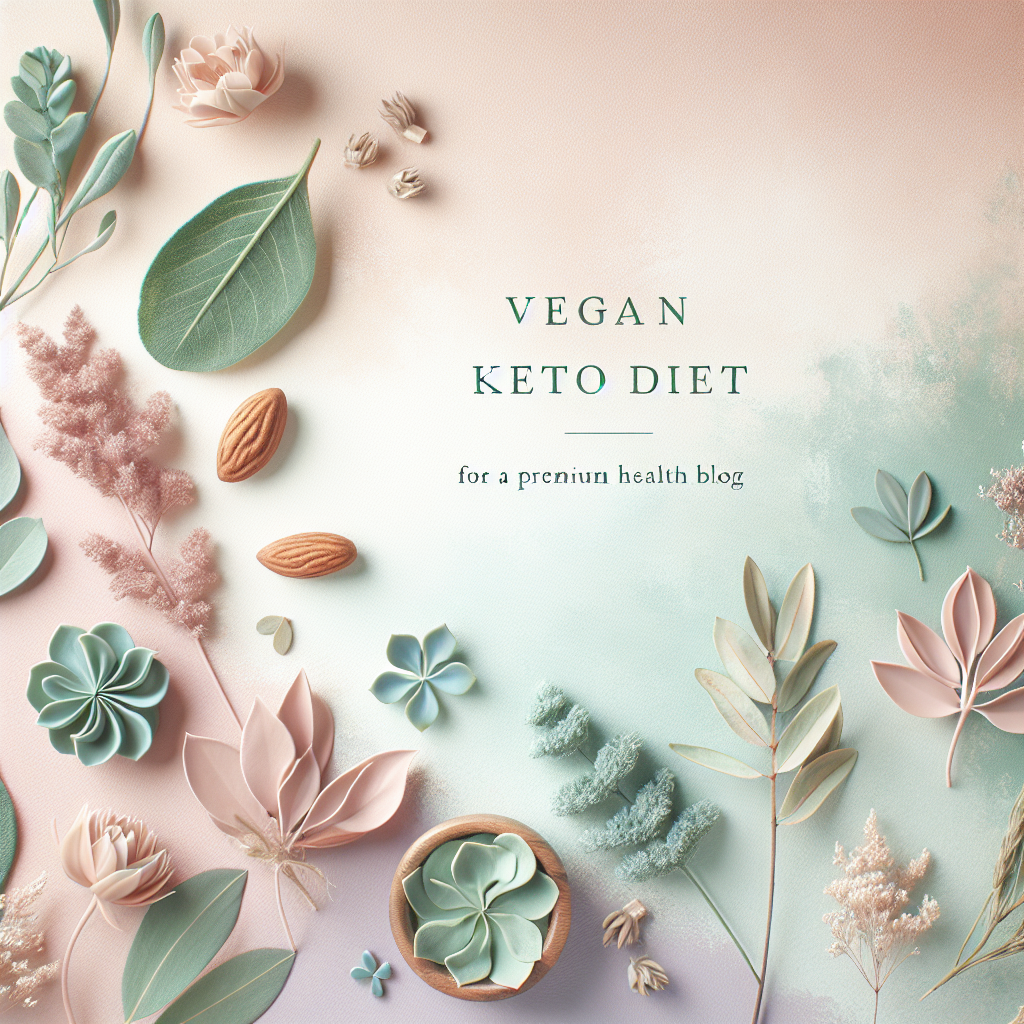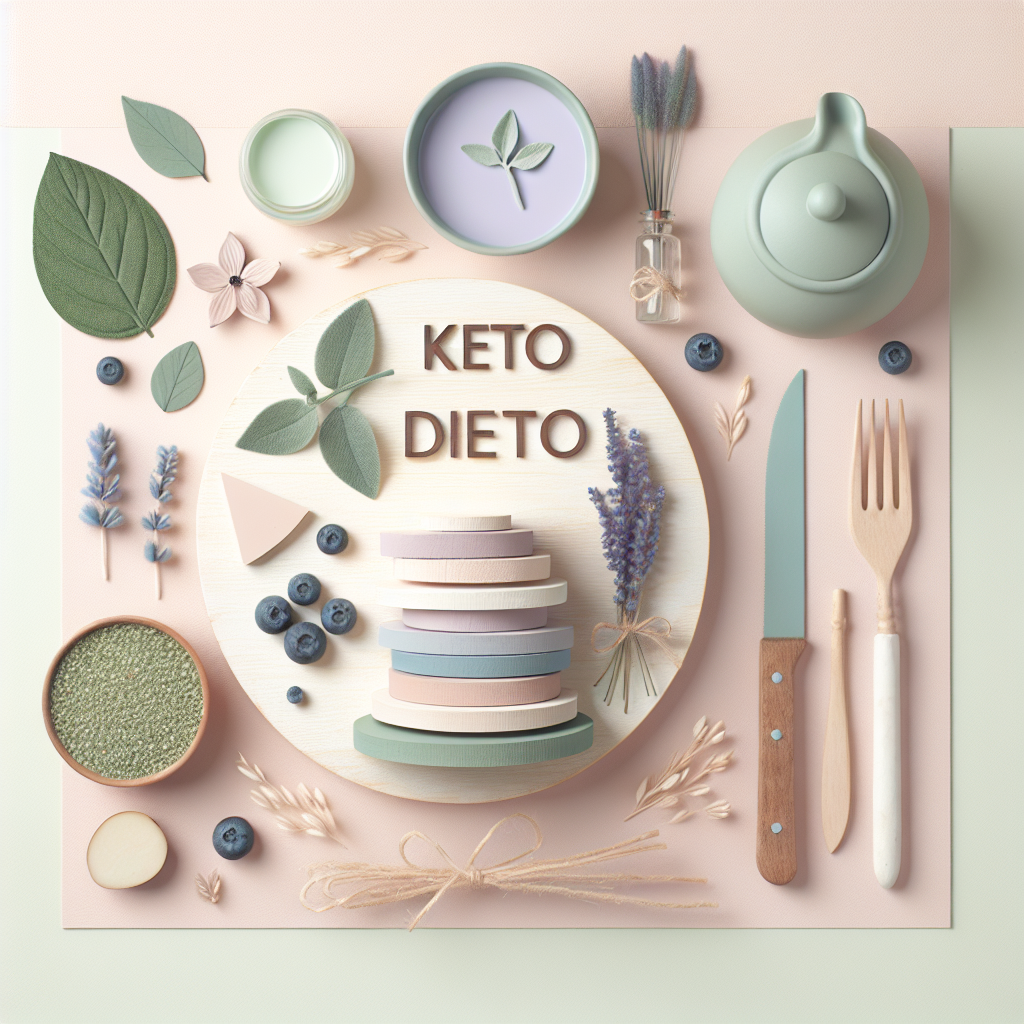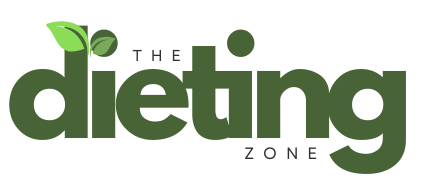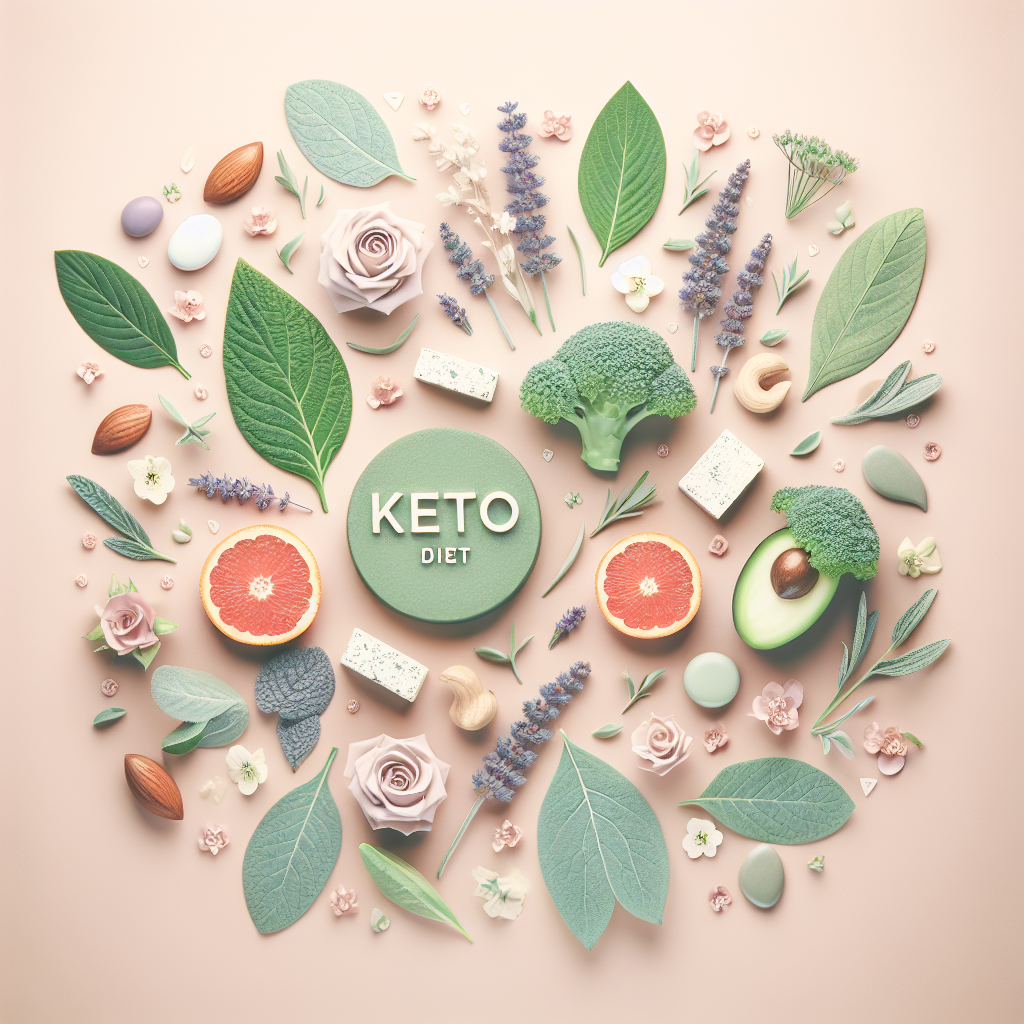The quest for effective weight loss strategies often leads individuals to explore various dieting methods. Among these, the ketogenic diet has gained immense popularity due to its potential for rapid weight loss. Simultaneously, the vegan diet is celebrated for its ethical stance and health benefits. Merging these two distinct dietary approaches results in the vegan keto diet, a regimen that combines the high-fat, low-carb principles of keto with the plant-based ethos of veganism. But is this fusion the ultimate weight loss combo? This article delves into the mechanics, benefits, challenges, and practicalities of the vegan keto diet, providing a comprehensive guide for those considering this unique dietary path.
The vegan keto diet requires meticulous planning to ensure nutritional adequacy while achieving the macronutrient ratios typical of a ketogenic diet. This typically involves obtaining 70-80% of daily calories from fats, 15-20% from proteins, and only 5-10% from carbohydrates. The challenge lies in sourcing these macronutrients from plant-based foods, as traditional keto relies heavily on animal products. Despite the complexities, many find the vegan keto diet a rewarding approach, offering potential benefits for weight loss and overall health.

Benefits of Vegan Keto
The vegan keto diet offers a plethora of benefits that may appeal to those seeking a dual approach to weight loss and health improvement.
Weight Loss Efficiency
By drastically reducing carbohydrate intake, the body enters a state of ketosis, where it burns fat for fuel instead of glucose. This metabolic shift can lead to significant weight loss, as the body utilizes stored fat to meet its energy needs. The vegan aspect adds another layer by incorporating high-fiber, low-calorie foods that promote satiety and reduce overall calorie intake.
Improved Cardiovascular Health
A vegan diet is known for its heart-healthy benefits, including lower cholesterol levels and reduced blood pressure. When combined with keto, it may further enhance these effects by reducing triglycerides and improving HDL cholesterol levels. This dual approach can be particularly beneficial for those at risk of heart disease.
Enhanced Mental Clarity
Many followers of ketogenic diets report improved cognitive function and mental clarity. This is attributed to ketones, a more efficient fuel source for the brain than glucose. A vegan keto diet could amplify these benefits by including nutrient-rich foods like avocados, nuts, and seeds, which are known for their brain-boosting properties.
Challenges and Considerations
Embarking on a vegan keto diet is not without its obstacles. The restrictions inherent in this diet can pose significant challenges, especially for beginners.
Nutritional Deficiencies
One of the primary concerns is ensuring adequate intake of essential nutrients. A vegan keto diet, if not well-planned, can lead to deficiencies in vitamins B12, D, calcium, iron, and omega-3 fatty acids. Those on this diet need to be vigilant in selecting fortified foods or considering supplements to meet their nutritional needs.

Limited Food Choices
The overlap of vegan and keto restrictions can significantly narrow food options. This limitation can lead to a monotonous diet, increasing the risk of dietary boredom and non-compliance. It requires creativity and resourcefulness to maintain variety and enjoyment in meals.
Social and Lifestyle Challenges
Adhering to a vegan keto diet can also present social challenges, as dining out or attending social gatherings may require special meal preparations or requests. This can be isolating and may require a strong support system or community of like-minded individuals.
Crafting a Vegan Keto Meal Plan
Designing a vegan keto meal plan is crucial for success on this diet. Below are some guidelines and examples to help structure a balanced and effective eating plan.
Key Ingredients
- Fats: Avocados, coconut oil, olive oil, nuts, seeds, vegan cheese.
- Proteins: Tofu, tempeh, seitan, nutritional yeast, plant-based protein powders.
- Carbohydrates: Leafy greens, non-starchy vegetables, berries in moderation.
Sample Meal Plan
| Meal | Example |
|---|---|
| Breakfast | Avocado smoothie with almond milk, spinach, and chia seeds |
| Lunch | Stir-fried tofu with broccoli, cauliflower rice, and sesame oil |
| Dinner | Zucchini noodles with pesto made from basil, walnuts, and olive oil |
| Snack | Mixed nuts or a small serving of olives |
Practical Meal Prep Tips
- Batch Cooking: Prepare large quantities of staple foods like quinoa, lentils, and roasted vegetables to save time during the week.
- Variety is Key: Experiment with different herbs and spices to keep meals exciting and flavorful.
- Supplement Wisely: Consider supplements for nutrients that are difficult to obtain from a vegan keto diet, such as vitamin B12 and omega-3 fatty acids.
Case Study: Real-Life Success
One notable example of success on a vegan keto diet is Jane, a 35-year-old woman who transitioned to this eating plan to lose weight and improve her energy levels. Initially, Jane struggled with the limited food choices and experienced fatigue as her body adapted to ketosis. However, with careful planning and persistence, she successfully lost 20 pounds over three months and reported improved mental clarity and energy.
Jane’s experience underscores the importance of preparation and patience. She found support through online communities and experimented with various recipes to prevent dietary monotony. Her journey highlights the potential of a vegan keto diet for effective weight loss and personal health improvement when approached with dedication and foresight.
Frequently Asked Questions
Can I get enough protein on a vegan keto diet?
Yes, you can obtain sufficient protein from plant-based sources such as tofu, tempeh, seitan, and plant-based protein powders. It’s crucial to incorporate a variety of these sources to meet your daily protein needs.
Is it safe to follow long-term?
While short-term adherence can be beneficial, long-term effects are not well-studied. It’s advisable to consult with a healthcare professional to ensure nutritional adequacy and monitor any potential health concerns.
How do I handle cravings for carbs?
Managing carb cravings can be challenging. Opt for high-fiber, low-carb foods like leafy greens and incorporate healthy fats to keep you full and reduce cravings.
What about dining out?
Dining out on a vegan keto diet requires planning. Research restaurant menus in advance and don’t hesitate to ask for modifications to fit your dietary needs.

Are there any side effects?
Common side effects include the “keto flu,” which involves fatigue and headaches as the body adjusts to ketosis. Staying hydrated and ensuring adequate electrolyte intake can help mitigate these symptoms.
Actionable Tips for Success
- Stay Hydrated: Proper hydration is crucial, especially when starting the diet. Consider adding electrolytes to your water to maintain balance.
- Monitor Progress: Keep track of your weight loss and energy levels to adjust your diet as needed. Use apps or journals to help monitor changes.
- Seek Support: Join vegan keto communities online to share experiences, recipes, and support.
- Be Patient: Transitioning to a vegan keto diet can take time. Allow your body to adjust and be patient with the process.
In conclusion, the vegan keto diet presents a unique blend of plant-based and ketogenic principles that can potentially offer significant weight loss and health benefits. However, it requires careful planning and consideration of potential challenges. By understanding the mechanics of the diet and preparing adequately, individuals can harness the power of this dietary combo to achieve their weight loss goals and improve overall well-being.
Ready to Transform Your Health?
🥑 Download our FREE Complete Keto Diet Plan and start your journey to better health today!
[convertkit form=7803861]
—
Disclaimer: This content is for informational purposes only and does not constitute medical advice. Always consult a qualified healthcare professional before making changes to your health regimen.






